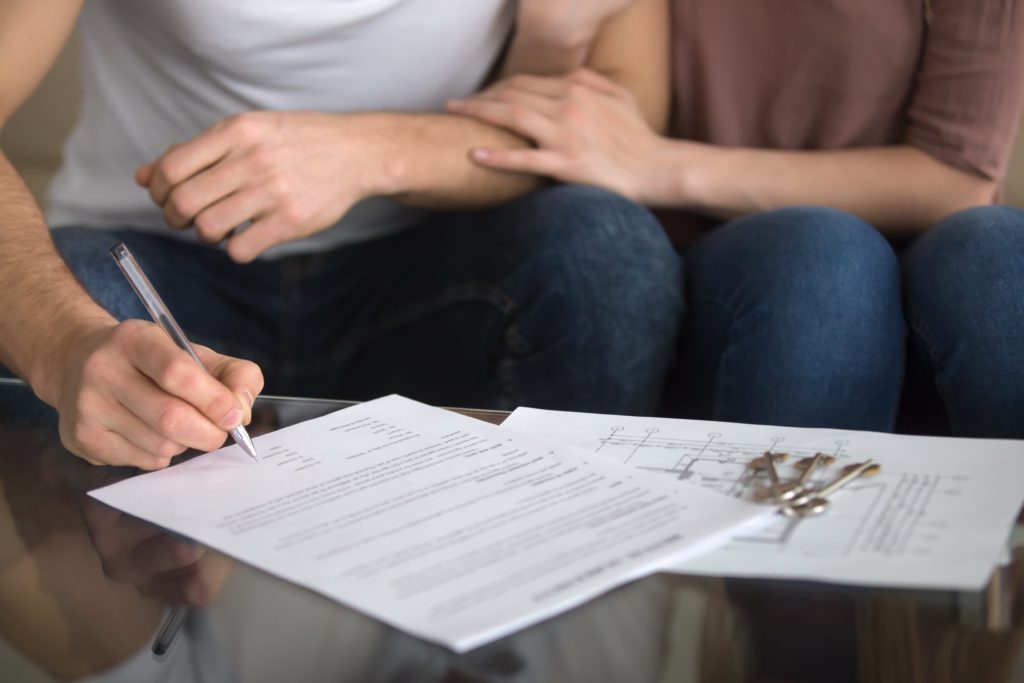
Closing day is here!
It takes about 30 to 45 days to close once a seller accepts an offer, and a lot happens during these six weeks. There’s the underwriting process, the appraisal, the home inspection, and the walk-through. But after much anticipation, you’re finally cleared to close and given a closing date.
Closing is the official transfer of ownership of a property. But even if you understand the “purpose” of closing, you might not know what to expect.
Here’s how to prepare for this day, as well as tips on what to do after closing.
Who Attends the Closing, and Where Does It Take Place?
Closing can take place at different locations depending on your lender. Some mortgage companies and banks manage the entire loan themselves, in which case they’ll likely offer in-house closing.
When this isn’t an option, an escrow company, a title company, or a real estate attorney can act as the closing agent. Instead of going to your lender’s office on closing day, you’ll meet at the closing agent’s office. Some buyers also have the option of a virtual closing.
Those present at closing will include yourself, any cosigner (if applicable), the closing agent, and your real estate agent. The seller and their agent might be in attendance, or they might close at a different time.
It’s the closing agent’s responsibility to review and witness the signing of documents, answer questions, and collect any closing funds.
How Long Does Closing Take?
The exact length of closing varies, but it typically takes between one and two hours. Be prepared to sign a lot of documents. These will include the promissory note, deed of trust, deed for property transfer, closing disclosure, escrow disclosure, and the transfer tax declaration.
Signing the paperwork can feel overwhelming. However, your closing agent will walk you through the process and provide an explanation for each document.
What to Bring to Closing?
To avoid delays, arrive to closing with all necessary documentation. You’re likely meeting the closing agent for the first time, so you’ll need to bring a government-issued ID. This can include a drivers license, a military ID, a passport, or another state-issued ID. The ID must be valid (not expired).
If you’ll have a cosigner on the loan, this person must bring their ID too.
Buying a home often requires a down payment and closing costs. You must bring these funds with you, either a cashier’s check or a certified check. You can also wire funds to the closing agent’s office, in which case you’ll need to provide proof of the wire.
You should also arrive at closing with proof of homeowners insurance, as well as a copy of the final purchase agreement (in case you need to double check a few details).
What Happens After Closing?
Once you’ve signed everything, you’ll then receive the keys to your house and copies of all documents you signed. Keep your closing paperwork in a safe place.
Your next steps might include changing the locks on your new home. This is important because the keys you receive on closing day are likely the same keys used by the previous owner.
You’ll also begin the process of changing your home address with the DMV, lenders, utility companies, insurance companies, your employer, etc.
Don’t forget to set up utility services as soon as possible, too, perhaps transferring your existing services to your new address. You might even call a house cleaning service and schedule a deep clean before officially moving in.
And lastly, don’t forget to update your household budget, especially if your mortgage payment is more than your previous house payment. Keep in mind, depending on the size of the home, you might pay more for certain utilities (gas and electricity).
Takeaway
Closing day is memorable and exciting, and the loan experts at FirstBank Mortgage are happy to help you hit this goal. Contact us today to explore your home loan options.





